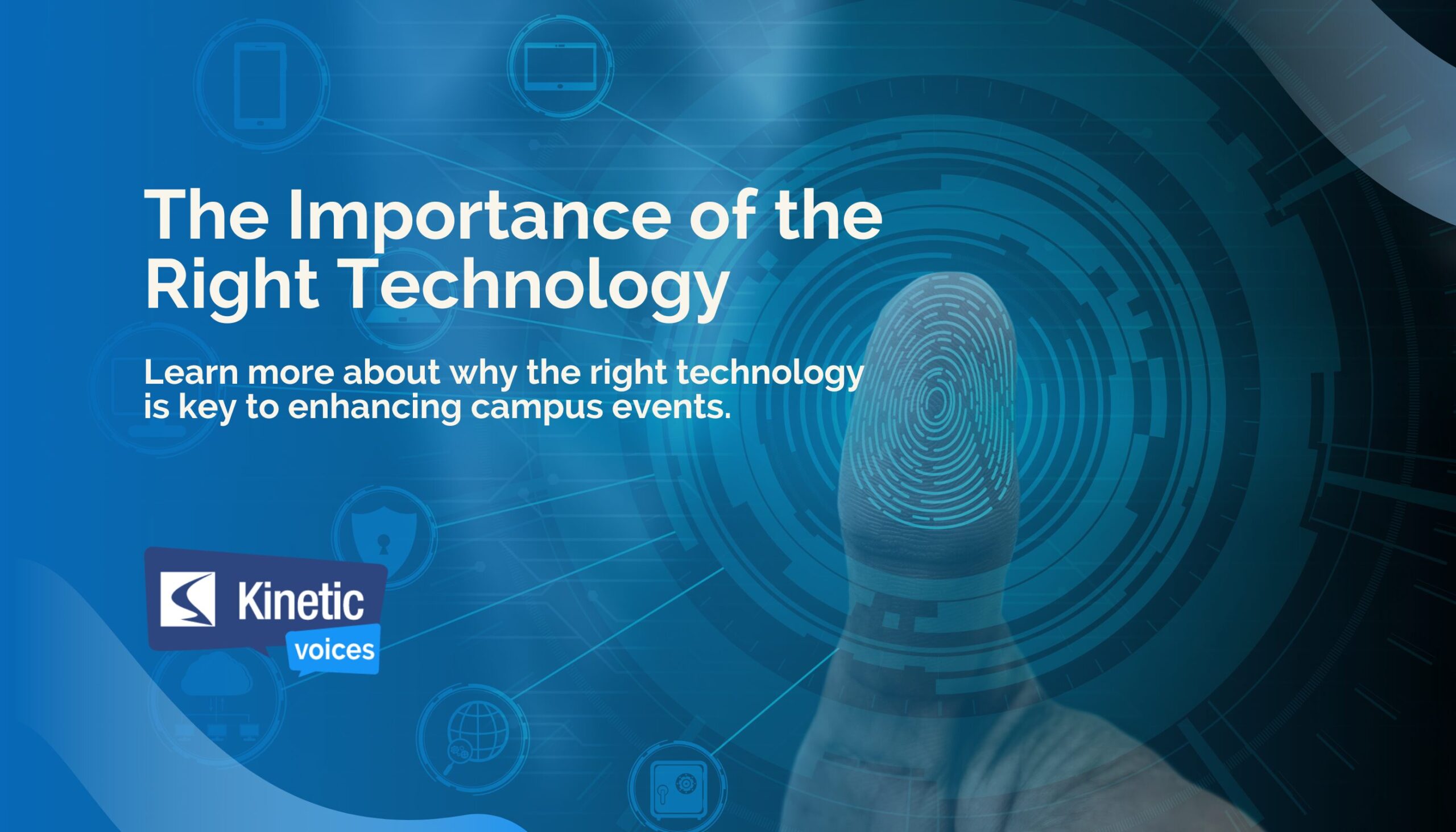It’s common knowledge that universities are under more pressure than ever to generate revenue, so commercialising their underutilised and often unique spaces seems like a smart and simple way. But with conferences and events being complex offerings, with countless moving parts and considerations, it’s easier said than done.
Getting the right technology in place can make all the difference, from helping to manage registrations and send out reminders to participants, to scheduling speakers, live streaming and managing rooming on the day.
According to Rachael Lee, Membership Director at Academic Venue Solutions, a company that helps higher education institutions host conferences and events, tech is where many are falling in terms of keeping their offerings competitive.
“Universities are pulled in many different directions in terms of priorities. It is commonly spoken about that Universities have neglected their IT needs for more physical assets and we are starting to see the impact of this, particularly when you have a complex set of needs that could be helped with smarter IT infrastructure.”
– Rachael Lee
A common problem in securing such investment for improvement, she says, is getting approval from university leadership.
“Many venues need to change their systems and they can’t get the buy-in from the university,” she says. “It’s not necessarily from a money perspective, but from a time perspective. Commercial departments approach their IT department and say ‘We need to put this new system together because of this business need’ but if it’s not student-benefiting it falls to the bottom of the pile. But it could make a massive difference in communication with other departments and the outside world.”
– Rachael Lee
The increase in hybrid events has added an extra layer of pressure in recent years. In a 2022 survey of 3,000 event organisers, more than 70% said that connecting an in-person and virtual audience was their biggest challenge. And some institutions now require all speakers to appear in person, as Mary Beth Barilla, programme director for the Society for Scholarly Publishing, explained to Times Higher Education that this meant they would “avoid some of the technological challenges that can arise with hybrid panels”.
Jo Hardman, Director of Commercial Services at Lancaster University, says that the complex puzzle of making rooms schedules and bookings work in harmony could be a job for the big tech buzzword of recent times: artificial intelligence.
“I hate to mention AI because I can’t work out whether it’s good or bad, and how many of our jobs it’s going to take,” he laughs. “But this feels, in some ways, like an AI problem. You say, ‘This is the problem, this is what we want to solve’ and you get it to spit it back and go ‘Yeah, that works’, or ‘No, that doesn’t.’”
– Jo Hardman
At present, he continues, sometimes universities are operating with systems that don’t speak to each other and involve copying data over between programs, which introduces “inevitable human error on top of the other errors that you inevitably have”.
However, there are major lessons to be learned in this area when it comes to procurement.
“If your basic systems underpinning all those processes aren’t right, you’ve got to think about what you’re trying to achieve and what’s the best way to achieve it, rather than thinking that a new system is the solution,”
“Rather than looking at a new way and saying ‘How are you going to replicate our system?’, what you need to do is look at the features of the system you’re buying and see how it could be better at meeting your objectives. So you need to understand what your real core objectives are about the system, match those within the system and then make sure you’re making them work together.”
– Jo Hardman
He says that universities need to adopt a more iterative process around such tech adoption, with regular reviews and “constantly coming back to that question of objectives and what it is that you want to do”.
“And that means sometimes you need to review your procedures because if they don’t work, you’re in a situation where you’ll tie yourself in knots.”
– Jo Hardman
In the ever-evolving landscape of higher education, the integration of technology isn’t just a luxury but a necessity. It’s the key to unlocking the full potential of commercial events and conferences, ensuring seamless operations and optimal attendee experiences. As we navigate the complexities of hybrid events and evolving priorities, universities need to prioritise smart IT infrastructure and embrace innovative solutions like artificial intelligence.
Explore Customer Hub, Kinetic’s cloud-based portal that empowers self-serve space booking for both internal and external customers. It’s designed to enhance your campus events.






